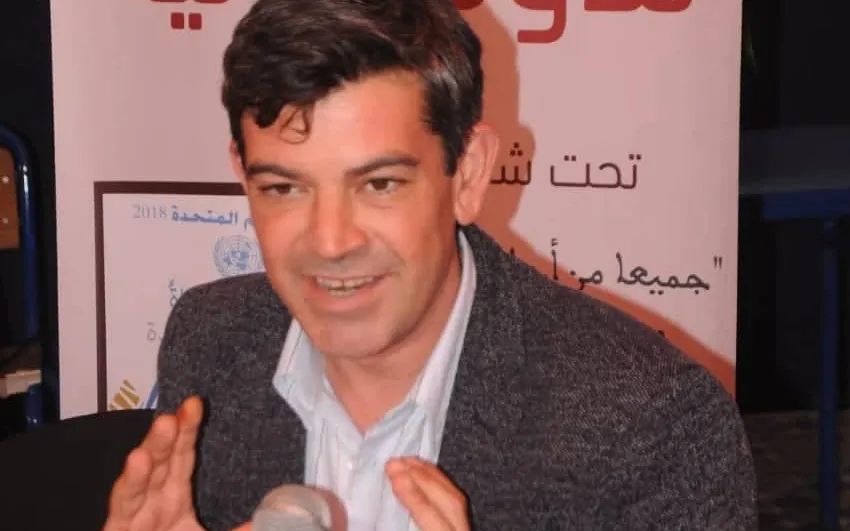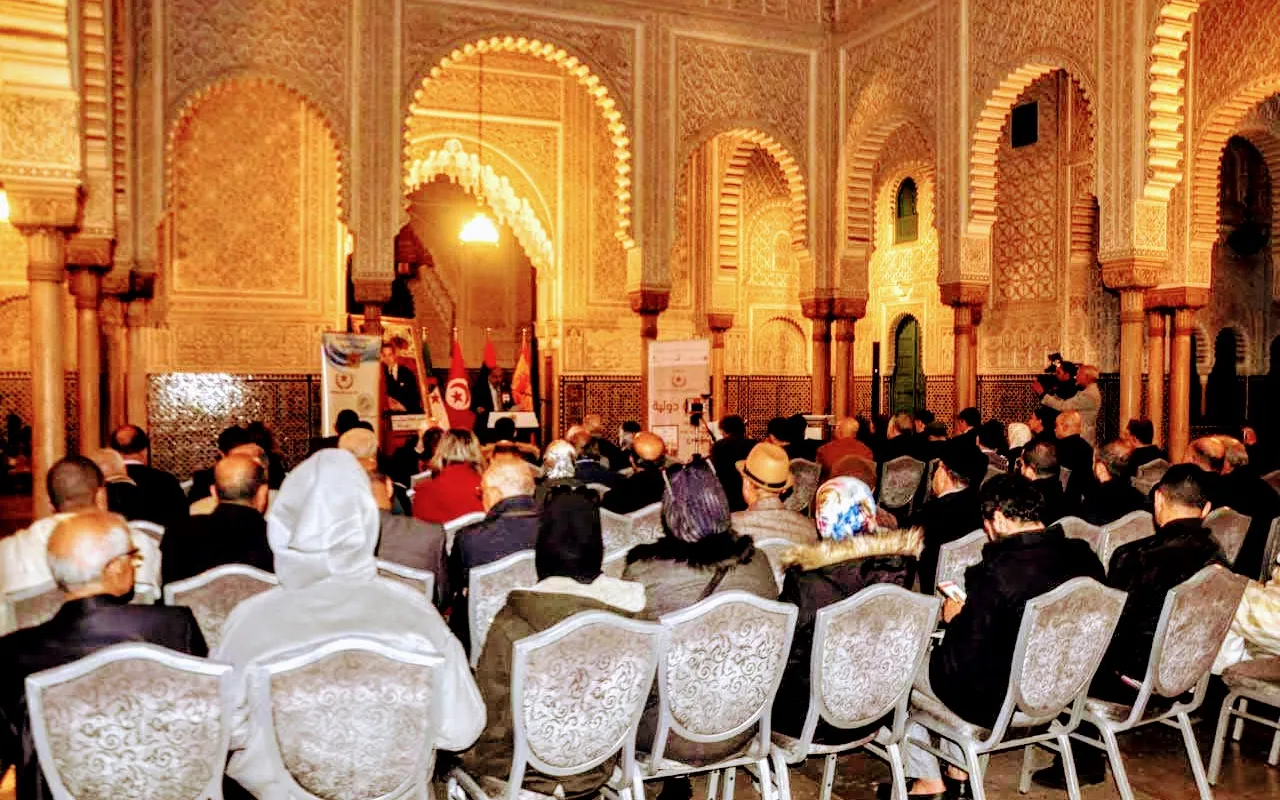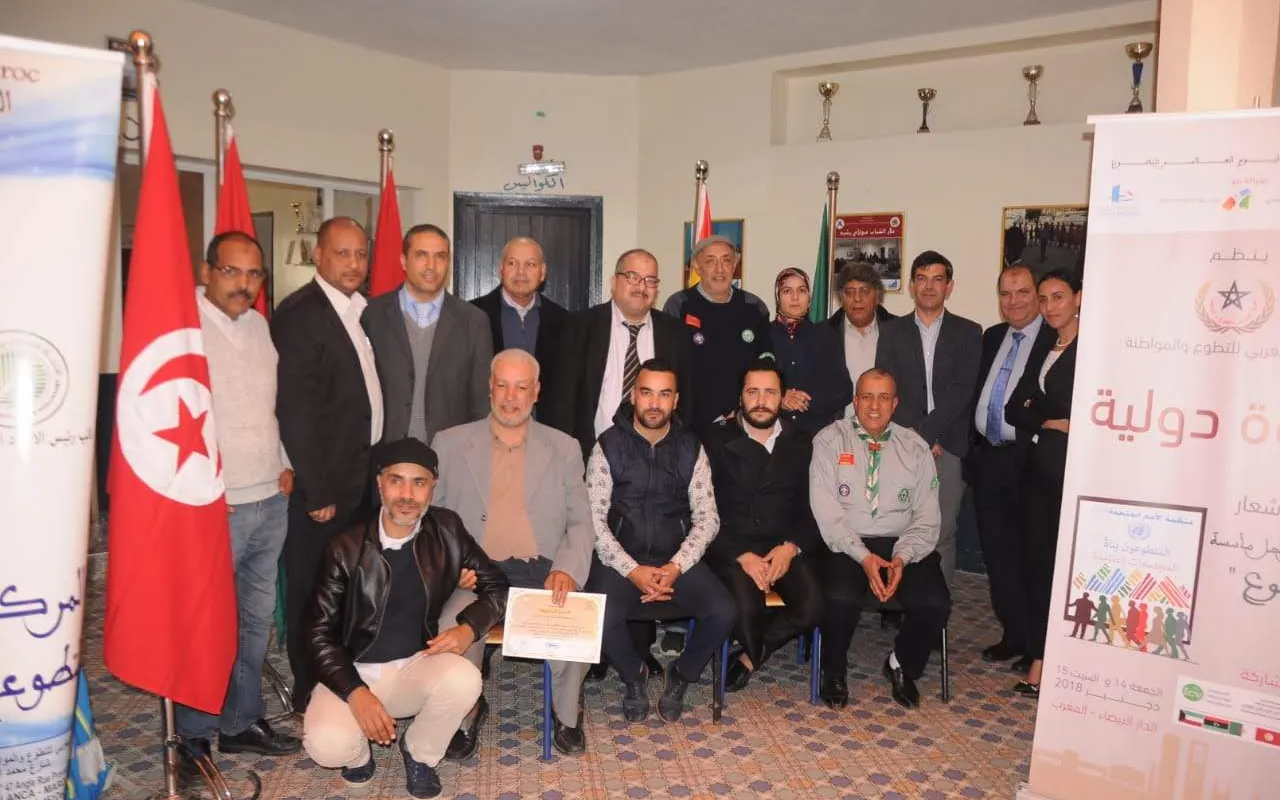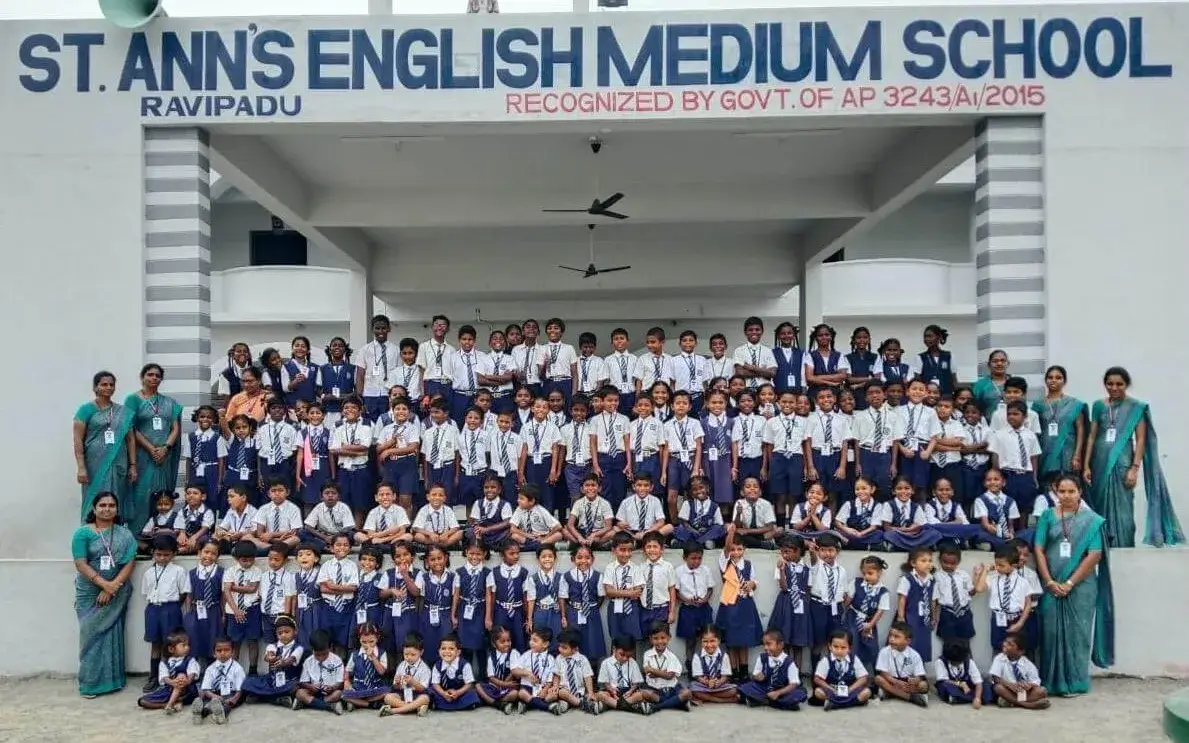Lluc Martí: "Volunteering has the power to move beyond borders and build relations among people and organizations from around the world"
We talk to the Fundació Catalunya Voluntària about volunteering in the Arab world and the importance of generating synergies with volunteering organizations and people on the southern shore of the Mediterranean.
From the 6th to the 10th of February, the Tunisian city of Hammamet is hosting the International Volunteering Forum of the Arab World. The Fundació Catalunya Voluntària is one of the three European guest organizations.
What is the International Volunteering Forum in the Arab World about and which are its goals?
The Forum is a meeting point for the leaders of volunteering organizations from 15 countries in the Arab region, who meet to learn about significant aspects of the volunteering culture in each country.
The representatives from these organizations share their opinions on the challenges and opportunities to further develop volunteering at a country and regional level, with the aim of moving towards a common agenda to strengthen volunteering in the Arab world and to give this movement a voice of its own.
The Forum will also give the opportunity to discover other organizations, learn from them and explore new opportunities to collaborate bilaterally and in a network.
Why is the Fundació Catalunya Voluntària participating if it doesn’t belong to the southern shore of the Mediterranean?
We were invited to participate considering our long history of collaborating and networking with volunteering organizations from around Europe and from countries on the southern shore of the Mediterranean.
What is your goal there?
Besides giving a brief explanation of the volunteering culture in Catalonia, we will try offering cues and suggestions to better institutionalize volunteering in the region, to create new structures to promote and develop volunteering, and also to strengthen networking in the region.
In this case (differently from the last international forum held in Casablanca in December, where the FCV was the only European organization participating), there are 3 European guest organizations, also from Slovenia and Sweden.
In what way does your participation in this event benefit the organization?
The benefits are many, especially in terms of discovering and learning from the work of civil society organizations from these countries in different fields. For the FCV, the Mediterranean region has always been one of our priority action areas, together with Europe, since they are our closest neighbours, and we share with them not only history, culture, climate and geographic proximity, but also many of the social, economic and political challenges, managing natural resources in a sustainable way, etc.
We see volunteering as a global movement that stretches far beyond borders, cultures, religions or languages, which enables us to overcome the ignorance that very often leads to mistrust and prejudice. Volunteering has a huge power to move beyond borders and build relations among persons and organizations from different countries and regions around the world, based on respect, trust, teamwork, solidarity, equal opportunities and a shared commitment towards social improvement and transformation.
What is the current status of volunteering and the associative network in the Arab world? What is its place in society?
This is not an easy question to answer, because there are differences in each country and because our knowledge about the region is anecdotal and very limited, even if we participate in networks of representative organizations in different countries on the southern shore of the Mediterranean.
In any case, volunteering doesn’t only show how dynamic, vital, responsive and able to innovate a society is; it also reflects the level of democratic quality and efficient and effective management of the system where volunteering takes place (political, economic, social, cultural). That said, finding real facilities and incentives to do volunteering –choosing the type of volunteering and the field; how you volunteer, how much time you can give up, etc. – I fear don’t exist anywhere in the world, which shows just how much more work needs to be done.
What are the usual problems they encounter?
In most countries, volunteers do not have a recognized status as volunteers, meaning they have no rights or duties as such. In some countries, volunteering organizations face many difficulties to become legally established and to survive and where they do exist, they don’t receive any institutional support (neither do they expect it). Volunteering organizations in the Arab world must fight much more that here to exist, to take the space they deserve in society and to gain recognition for the work they do, and this also explains why we are participating in these fora.
Our colleagues, the leaders of volunteering organizations in these countries, are diplomatic activists who need to know all of the red lines they cannot cross very well; the topics and concepts that are best avoided, and the groups of beneficiaries or organizations it is best not to work with, etc. But this is not exclusive to Arab countries; to some extent, it happens everywhere in the world.
What can be done to improve this situation?
In my view, the most important would be: to open the doors of organizations and invite youths, men and especially women, to take up a managerial post; invest in making the sector professional and using new technologies more intensively and, finally, to work in networks and fight, leaving behind all ideological and religious matters, to grow into one single voice for the movement.
What is your relation to organizations in these countries? Do you network together? What are the problems you have encountered?
With the support of community action programmes such as Erasmus+, the FCV has organized around a dozen international seminars and workshops together with youth and volunteering organizations in countries in the Southern Mediterranean. For a decade we have coordinated the secretariat of the informal network of not-for-profit and youth organizations in the Euro-Mediterranean area with the aim to improve the capacity of its member organizations and to create opportunities for training and volunteering based on exchanges among equals and based on inter-cultural learning.
However, in recent years we see that there are fewer opportunities to collaborate with civil society organizations on both shores of the Mediterranean and, therefore, it is becoming more and more difficult (yet growingly important) to find these spaces to meet and exchange.
What has been happening in recent years?
I hope that, one day, the EU will put right the big strategic mistake that came, in the context of expanding into the East and the South-East, with allowing this expansion to damage so drastically the work of so many people and organizations, regarding the existence of historical, relevant and necessary collaboration links among civil society from Europe and the southern shore of the Mediterranean.
It is sad to see that, where before there was talk of youth mobility, training and exchange, they now talk of fighting the radicalization of youths; before it was about prioritizing collaboration among equals and networking, and now policies focus on security and economic development.
What are you doing from the Fundació Catalunya Voluntària to foster exchange and learning between volunteering organizations in Arab countries and Catalan organizations?
Besides attending the fora we are invited to attend, we are preparing the first international forum of the Arab world, which is set to take place in Vilanova i la Geltrú. There, top leaders from 30 different organizations coming from 18 countries in the Arab region will meet with other organizations and institutions willing to participate.
You don’t have the opportunity to welcome such a large, diverse and high-level delegation to Catalonia every day. The FCV is a first-level organization that, at present, only receives support to participate and organize these fora from the participating organizations and organizers.
We hope we can offer you many more details once we are back from the Forum in Tunisia.
We look forward to further updates and will report any news!










Add new comment